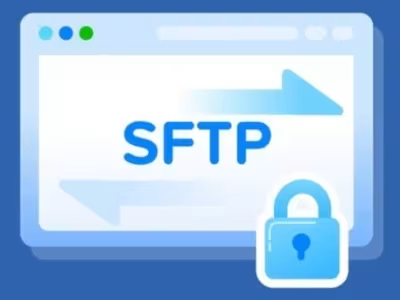Automotive Security Software Development: DoS Log Analyzer
Summary:
Developed Python tool to parse automotive Controller Area Network with Flexible Data-Rate (CAN-FD) log files. It identifies failed test cases, calculates Denial of Service (DoS) times based on message timestamps, and outputs the results for further analysis.
Objectives
Automate Log Analysis: Reduce manual effort by automating the parsing and examination of extensive log files generated during fuzz testing.
Simplify Reporting: Present analysis results in an easy-to-understand format for clients, regardless of their technical expertise.
Enhance Vulnerability Detection: Quickly identify security flaws such as Denial-of-Service (DoS) attack patterns in CAN-FD logs.
Implementation Details
1. Automated Log Parsing
Developed Analysis Scripts: Created Python scripts capable of automatically reading and parsing large volumes of CAN-FD logs.
Data Extraction: The scripts extract key information like timestamps, message identifiers (IDs), data payloads, and error frames.
Pattern Recognition: Implemented algorithms to detect irregularities and patterns that may indicate security issues, such as repeated or malformed messages.
2. Simplified Data Interpretation
User-Friendly Outputs: Designed the tool to output findings in readable formats like CSV files and structured reports.
Visualizations: Integrated graphical elements such as charts and graphs to help visualize data trends and anomalies.
Executive Summaries: Provided concise summaries highlighting critical vulnerabilities and recommended mitigation strategies.
3. Focused Security Analysis
DoS Attack Detection: Specialized in identifying signs of Denial-of-Service attacks within the CAN-FD logs.
Anomaly Detection: Used statistical analysis and thresholds to flag unusual activity that deviates from normal operation patterns.
Real-Time Monitoring: Enabled capabilities for real-time analysis to detect and respond to potential threats promptly.
Benefits to Clients
Efficiency Improvement: Significantly reduced the time required to analyze logs, allowing for quicker identification of issues.
Accessibility: Made complex security data accessible to clients without deep technical knowledge through simplified reports.
Proactive Risk Management: Equipped clients with the tools to proactively address vulnerabilities before they can be exploited.
How the Tool Works
Input Logs: Clients input their CAN-FD logs into the tool.
Automated Processing: The tool automatically parses the logs and conducts a thorough analysis.
Anomaly Detection: It identifies any irregular patterns or potential security threats within the data.
Report Generation: Generates detailed reports and visualizations that summarize the findings.
Client Review: Clients can review the reports to understand the security posture and take necessary actions.
Features
Customizable Analysis Parameters: Clients can adjust settings to focus on specific areas of concern within their logs.
Scalability: Capable of handling large datasets, making it suitable for extensive testing environments.
Integration Capabilities: Can be integrated into existing workflows and continuous integration/continuous deployment (CI/CD) pipelines for seamless operation.
Conclusion
By automating and simplifying the analysis of fuzz testing and CAN-FD logs, we have provided our clients with a powerful tool to enhance their security measures. This automation not only saves time but also improves the accuracy of vulnerability detection, enabling clients to focus on mitigating risks effectively.
GitHub Repository: https://github.com/adriancamaj/can-fd-dos-analyzer
Like this project
Posted Oct 1, 2024
Designed Python tool to parse automotive CAN-FD log files. It identifies failed test cases, calculates DoS times based on timestamps, and outputs the results.
Likes
0
Views
11
Clients



ETAS

ESCRYPT

Robert Bosch







